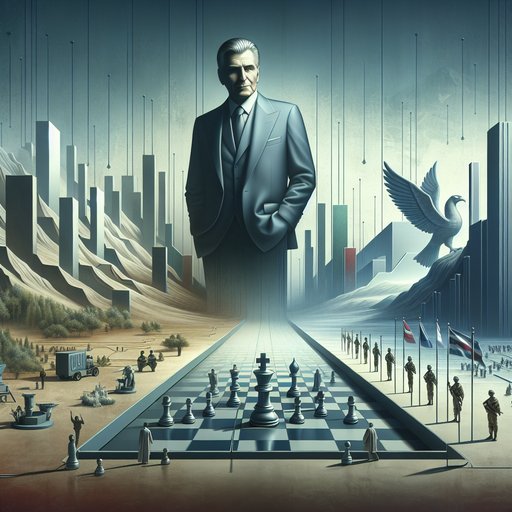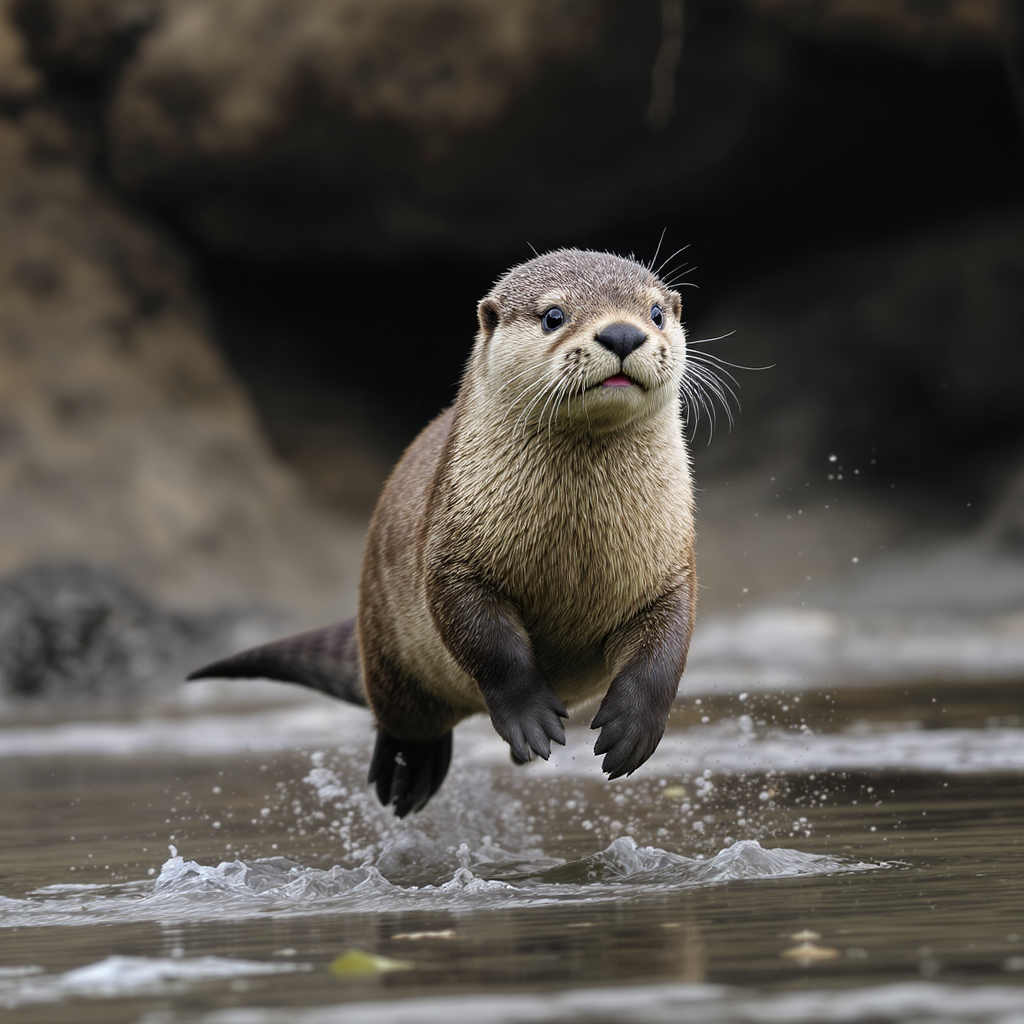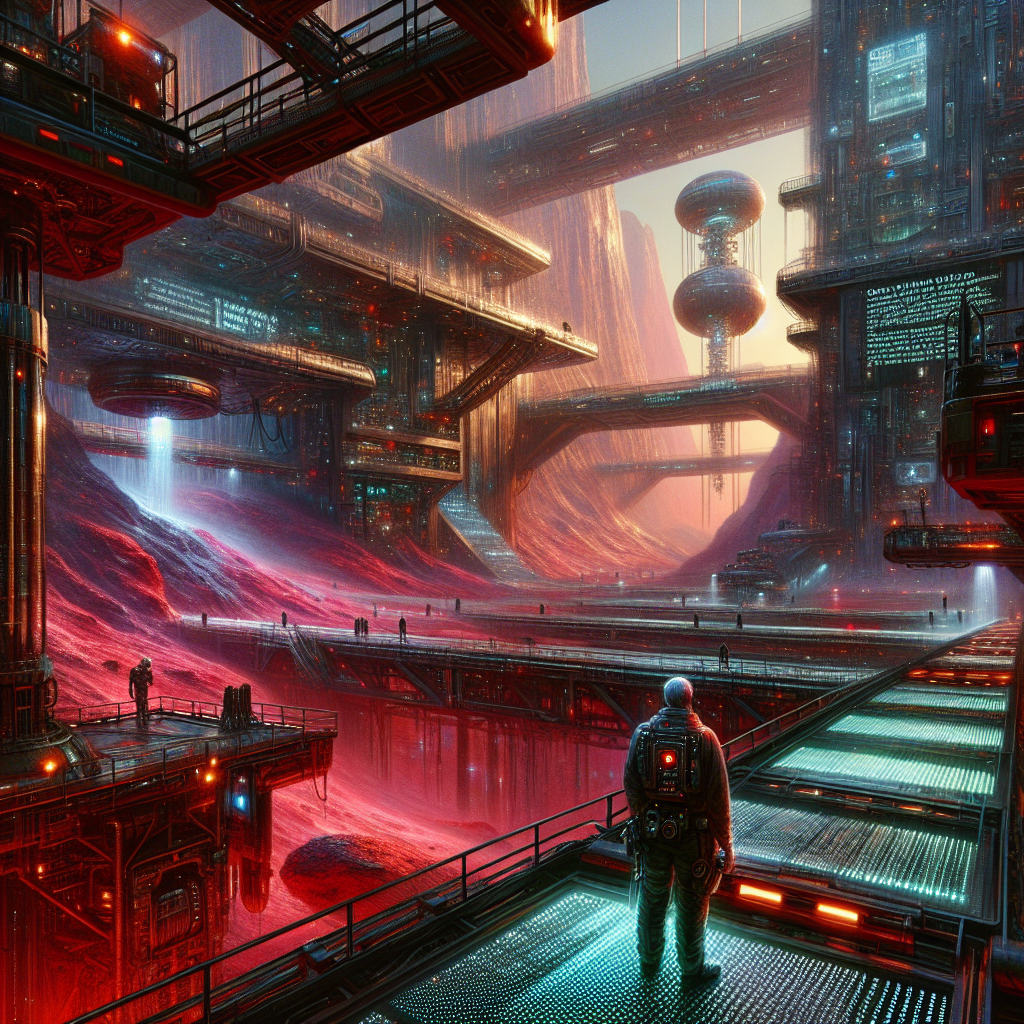
Donald Trump’s reaction after his recent meetings with Vladimir Putin and Volodymyr Zelenskyy was as revealing as it was disturbing. With a shrug of his shoulders, he essentially declared that the fighting in Ukraine will continue if Kyiv and Europe do not embrace his plan. The message was clear: accept Putin’s terms, or endure endless war. This posture reduces the war to a bargaining chip for Trump’s personal recognition on the world stage. It strips away the pretense of allyship and lays bare the uselessness of Washington’s current involvement, which has shifted from guarantor of freedom to arms supplier looking to be paid.
Europe has already sensed this change. Where once the United States was the indispensable security actor across the Atlantic, it has now become unpredictable, transactional, and in many ways detached from the real consequences of the conflict. For Europeans, Ukraine is not an abstract battleground but a matter of continental stability and survival. Trump’s framing—territorial concessions to Russia in exchange for a dubious peace—is rightly seen as unacceptable. It would mean rewarding aggression, weakening international law, and exposing the rest of Europe to future coercion from Moscow.
The paradox is that Trump’s “deal-maker” theatrics, far from cementing American centrality, are accelerating U.S. irrelevance in Europe. By leaning toward Putin’s demands, he undercuts NATO’s founding principle of territorial defense and pushes Europeans to consider alternatives. Europe, in turn, has played along diplomatically, appearing friendly to avoid Trump’s wrath while quietly shifting the weight of leadership to itself. It is a clever game: acknowledge Washington’s presence, but prepare to take the helm in both political and military terms.
The truth is that Europe is fully capable of leading if it chooses to. The EU and the UK together command the world’s second largest economy, possess advanced defense industries, and field significant military capabilities when aggregated. The question has never been whether Europe can do it, but whether it is willing to act as a single strategic entity. The war in Ukraine is forcing this transformation. Europe no longer has the luxury of treating security as a delegated American function.
The immediate priority would be to secure Ukraine’s ability to resist. Europe has already launched a Czech-led initiative to buy artillery shells globally, a pragmatic stopgap until European factories can produce enough on their own. Air defense is another urgent necessity, and European countries have the systems—Patriots, SAMP/T, IRIS-T—to protect Ukrainian cities if pooled and rotated effectively. These are not long-term dreams but concrete steps that could be scaled within weeks and months. By combining funding streams with operational coordination, Europe can prevent Russia from exploiting production delays or political paralysis.
Financially, the architecture already exists. The EU has created a Ukraine Facility to provide predictable macro-financing, and it has the political will to repurpose frozen Russian assets for defense and reconstruction. With or without U.S. money, these mechanisms can ensure Ukraine is not starved of resources. More importantly, placing funding on an automatic, recurring schedule removes the uncertainty of political drama—something that has plagued American appropriations under Trump’s shadow. Europe has the means to make Ukraine’s support stable, credible, and insulated from veto politics.
In the medium term, the focus must shift to permanent capability. Europe’s defense industry is scaling up under programs like ASAP, EDIP, and EDIS, which are designed to increase ammunition production to at least two million shells annually by the end of 2025. Long-term framework contracts with European manufacturers would not only meet Ukraine’s needs but also rebuild Europe’s own stockpiles. At the same time, integrating Ukraine into joint air defense networks, ISR sharing, and training programs would create the framework for a de facto security guarantee. This is the beginning of an “Article-5-like” package without waiting for NATO consensus.
Politically, Europe has a ready-made platform in the European Political Community, which includes the EU, the UK, and other key partners. This forum can become the place where Ukraine’s future is shaped, sanctions are aligned, and the message to Russia remains consistent. No more fragmented voices, no more waiting for Washington to dictate the script. The diplomacy of this war should belong to those who live next door to it. Europe gains credibility not by hiding behind American leadership, but by stepping into its own.
The challenges are real, of course. Hungary has repeatedly obstructed EU defense financing, and Slovakia has also wavered. Italy, though more supportive recently, could swing back toward ambivalence if domestic politics shift. But Europe does not need unanimity to act. A coalition of willing states—France, Germany, the Nordics, Poland, the Baltics, and the UK—can drive forward intergovernmental funds and joint procurements. Constructive abstention, already part of EU foreign policy rules, offers a way to bypass spoilers without fracturing the union.
The results of such a pivot would be tangible within a year. With stable ammunition supplies, Ukrainian artillery would maintain a steady tempo instead of fluctuating with donor politics. With pooled air defense, Russia’s terror campaign against civilians and infrastructure would yield fewer blackouts and casualties. With long-term contracts in place, Europe’s defense industry would expand and modernize, securing its own deterrent capabilities in the process. And diplomatically, Europe would set the floor of any negotiation, ensuring that Ukraine—not Trump, not Putin—decides its own fate.
Contrast this with Trump’s shrug. His posture tells Europe and Ukraine that unless they submit to his framework, he is content to watch the bloodshed continue. That is not statesmanship, nor is it alliance. It is the abdication of responsibility masquerading as leadership. It confirms that Washington, at least under Trump, is not a reliable architect of peace in Europe. The continent must therefore treat American involvement as optional and self-serving, not decisive.
What Europe gains by stepping up now is more than just control over the Ukrainian war effort. It gains strategic autonomy—the ability to defend itself and its neighbors without being hostage to American electoral cycles. It gains diplomatic weight on the global stage, proving that it can shape outcomes rather than merely respond to them. And it gains credibility in the eyes of its own citizens, who rightly expect Europe to defend its own security interests directly.
This war is not distant for Europe; it is a fight over the norms that underpin its peace and prosperity. The alternative to taking charge is to accept that outsiders will dictate its fate, even when those outsiders are indifferent to its survival. Trump’s shrug may one day be remembered as the turning point: the moment Europe realized it could no longer afford to outsource its security. The choice now is stark but liberating. Either Europe acts as a geopolitical adult, or it remains forever a dependent waiting for American moods.
The better path is clear. Europe should move now, with or without Washington, to guarantee Ukraine’s defense, scale its own production, and speak with one voice in negotiations. If it does so, it will not only secure Ukraine’s freedom but also reclaim its own role as a full actor in global politics. A year from now, the continent could be stronger, more unified, and more credible than it has been in decades. Trump’s irrelevance, masked as swagger, only underscores the urgency. Europe’s moment has come—if it is brave enough to seize it.







































